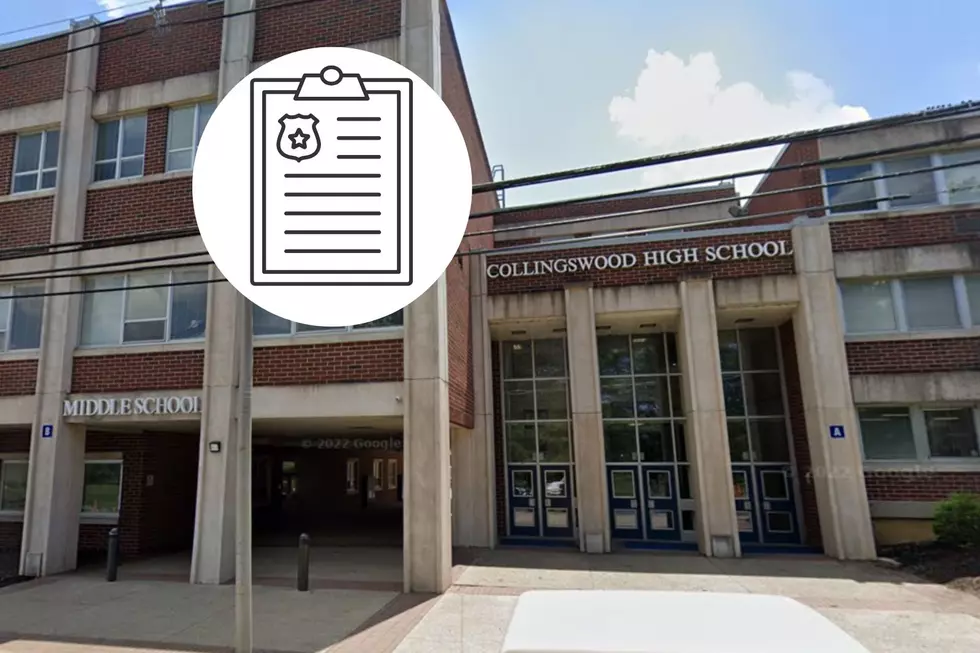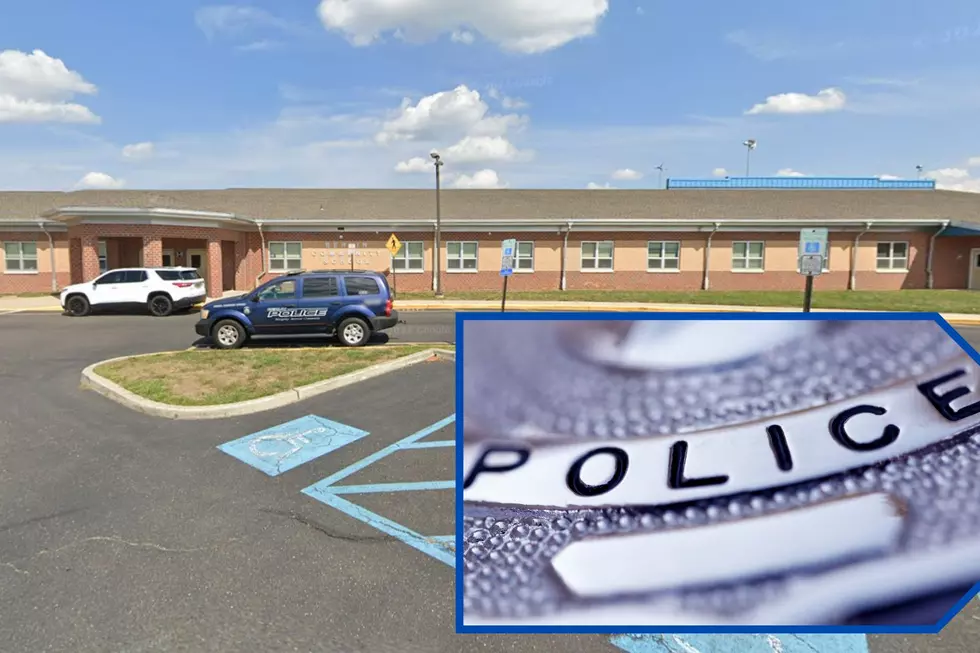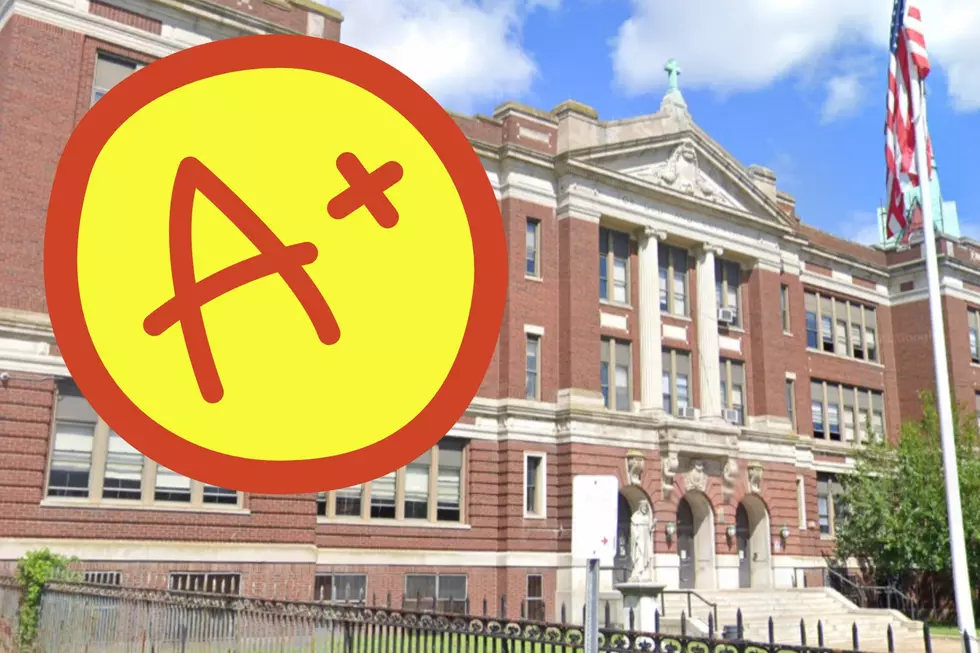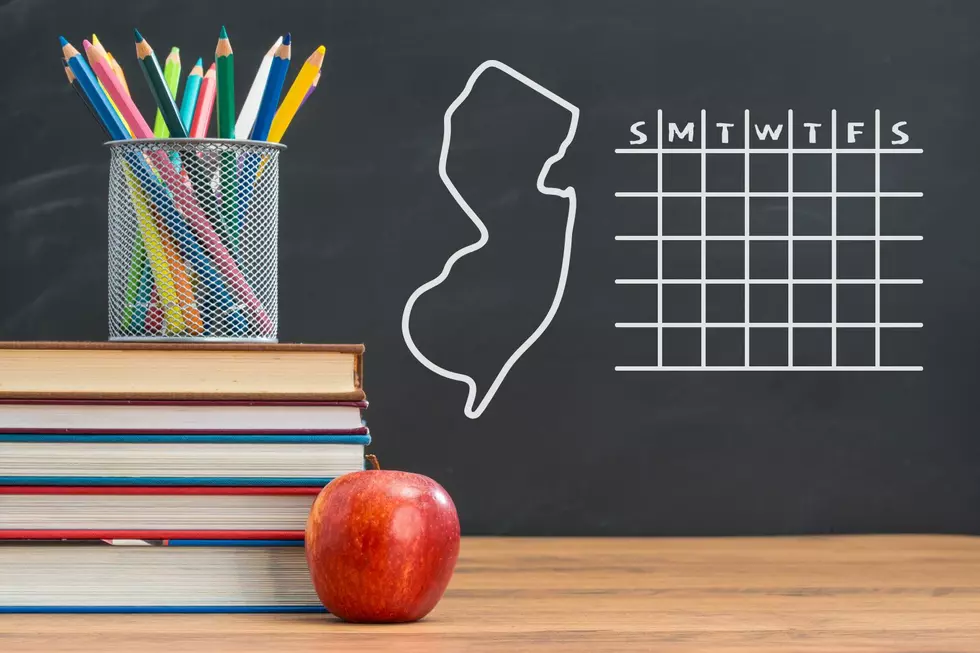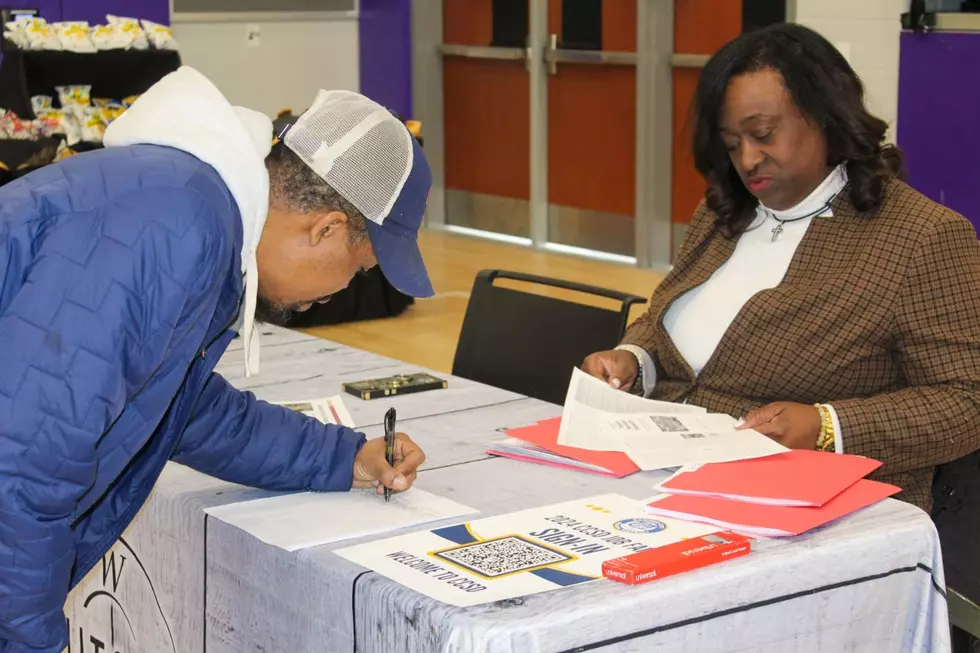
Are special-needs students getting left behind? Coping with pandemic
With more and more New Jersey schools planning to start the new school year all virtual , there is growing concern about how this will impact special education students.
“We’re all trying to balance physical health and educational entitlements," said Suzanne Buchanan, the executive director of Autism New Jersey. "The situation is incredibly dynamic and complex and it does bring up concerns for students with autism and special needs.”
She said students with special needs are more vulnerable when they don’t get to participate in their person-to-person educational programming.
“They typically learn at a slower rate. They have more to learn and they frequently lose skills more quickly,” she said.
Buchanan said one-on-one, in-person teaching is vital for kids with special needs.
“They’re less socially attuned, they need more direct promoting, they can become easily distracted and they have fewer coping mechanisms in a learning situation,” she said.
"We’re not talking about academics here — we’re talking about safety skills, daily-living skills like making a purchase, so they can be as independent and meaningfully engaged as possible for the rest of their lives," she added. "We obviously are advocating for districts to prioritize for students with special needs.”
Buchanan said during the pandemic, the state and federal governments have not rolled back any of the legal protections afforded to students who have received an Individualized Educational Plan, a document that guides instruction for students evaluated as having special needs.
The state Department of Education has been “highly supportive of very localized and individualized decisions for students with special needs," Buchanan said. “The difficulty going forward is trying to figure out how IEP mandated services can be delivered to the greatest extent possible.”
Maria Fischer, an attorney at Hinkle Prior and Fischer, a New Jersey law firm that specializes in representing people with disabilities, said the COVID-19 pandemic has been challenging.
“We do see a lot of districts working with parents to come up with unique ways to provide services and they’re listening to the parent as well,” she said.
Fischer said because of the push to virtual learning, many students with special needs are not moving forward and may regress in skills, which means they may need additional services when the pandemic is over.
She strongly recommends parents try to work with school districts as much as possible and try to have their child take advantage of the virtual services being provided but also document the difficulties.
“You know he couldn’t appropriately engage in this kind of a lesson — keep that documentation that shows that you were trying, the district was trying,” she said. “That’s going to be helpful if down the road there is a claim for a compensatory education or for additional services. We don’t want the district being able to say we tried to provide it but you just didn’t try to do it.”
She also suggested documenting problem behaviors with the child.
“You want to keep track of where you see the regression and where you see skills being lost. That’s going to be helpful when we all sit down at a table at the end of this and say, 'What do we need to get [the student] back on track?' This documentation may become extremely important.”
READ MORE: Never leave kids in a hot car
You can contact reporter David Matthau at David.Matthau@townsquaremedia.com
More From New Jersey 101.5 FM
